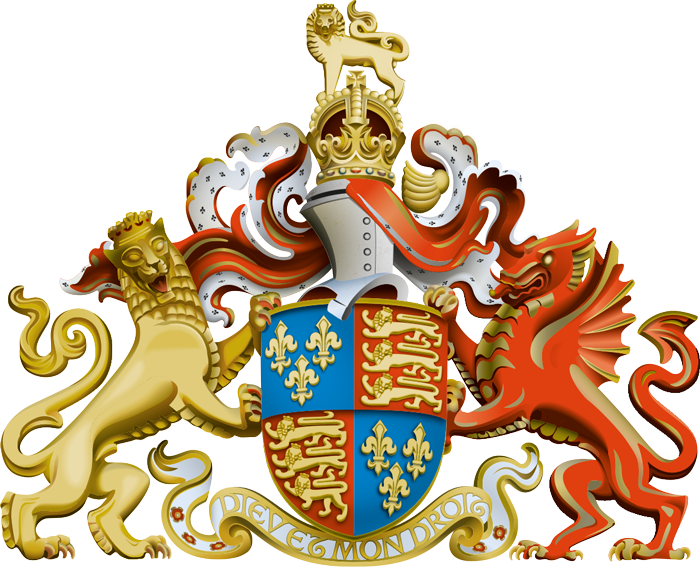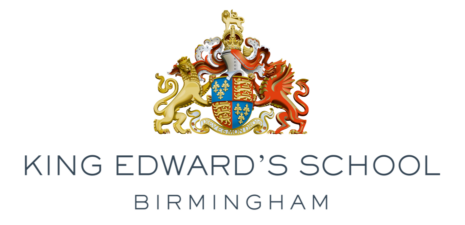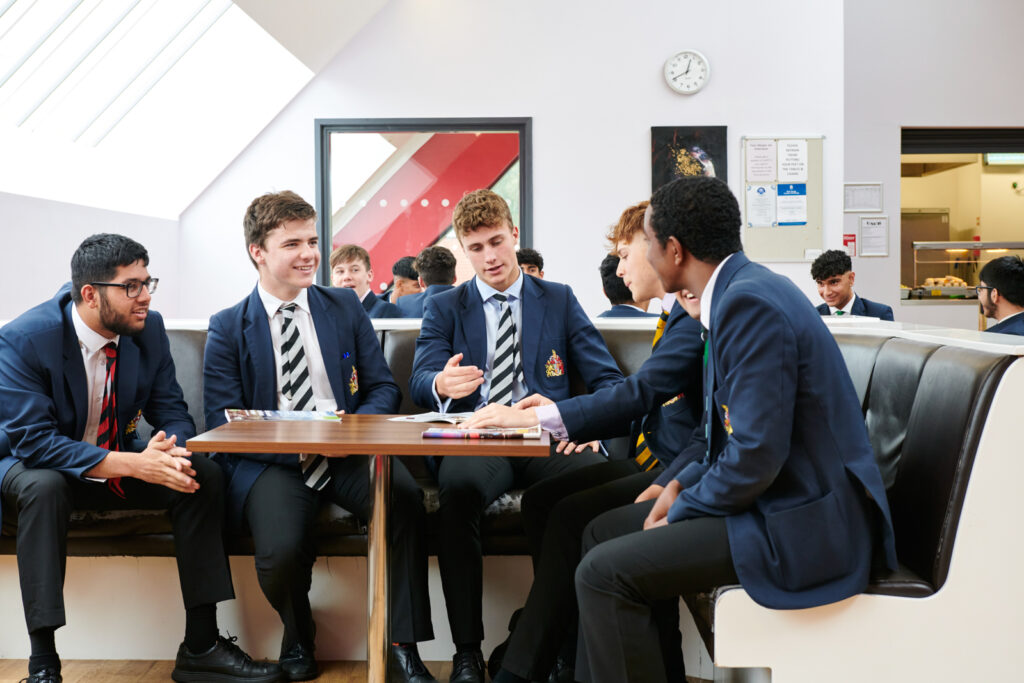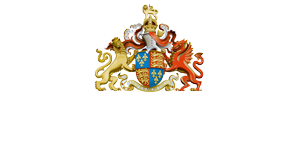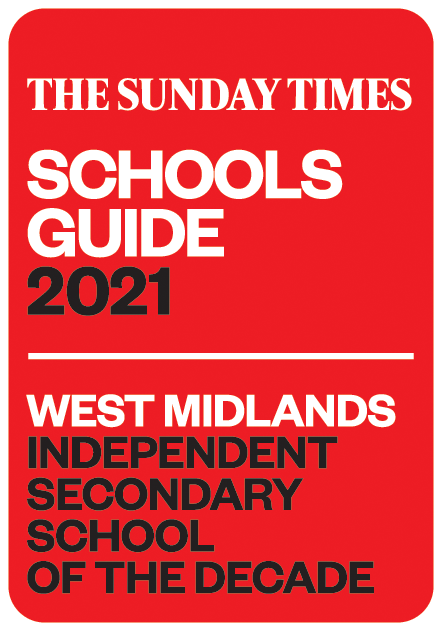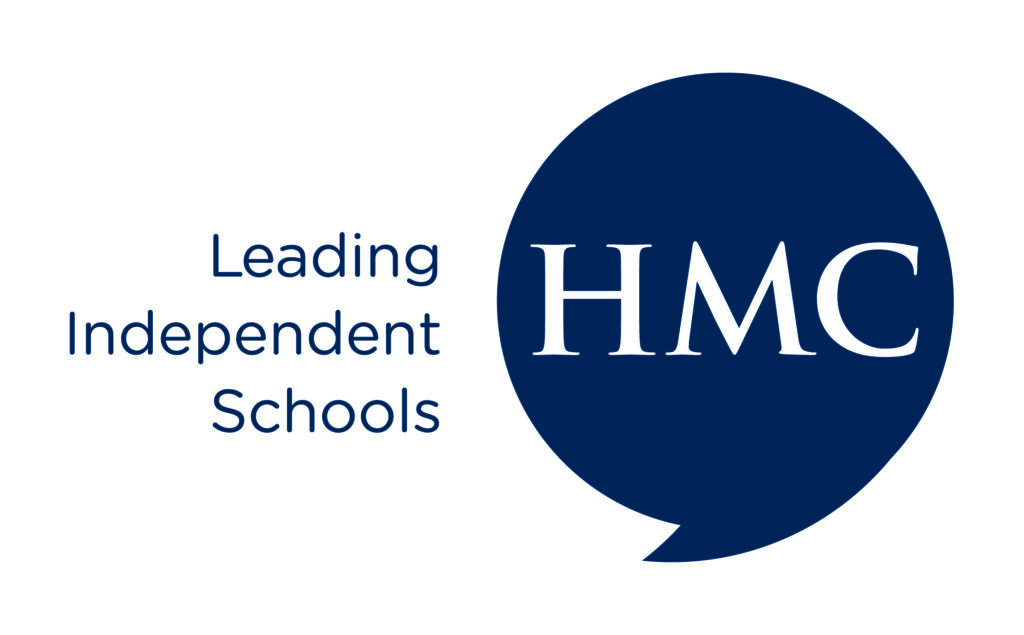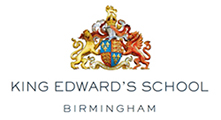Our pastoral curriculum is designed to foster students’ personal growth, empowering them to become well-rounded individuals who contribute positively to society.
The pastoral curriculum and the ‘Core’
Just as important as the academic curriculum is the pastoral curriculum which all students follow at King Edward’s School: learning to understand and look after themselves; to build long-lasting and rewarding friendships; and to serve others and make a contribution.
At KES we talk about a ‘culture of safeguarding’: a school in which people know how to look after themselves and one another, how to identify when something is not right, and who to talk to when they have a problem.
All students learn about safeguarding through termly assemblies, and we also ensure that older students in positions of responsibility (for example prefects and mentors) have additional safeguarding training, and are alert to the sorts of safeguarding issues that a young person might face. All staff undertake regular safeguarding updates, led both by the school’s safeguarding team and by external updates.
We encourage boys to focus on their wellbeing, and to reflect on what makes them feel happy and healthy. Students are taught how to look after themselves: whether through learning about a healthy diet; gaining an understanding of the value of and connection between physical and mental health; or, for example, learning how to identify healthy and unhealthy friendships and relationships.
All these topics and more are covered as part of form times, in assemblies, and as part of timetabled PSHE lessons and the PE curriculum. Mindfulness which involves learning to direct our attention to our experience as it unfolds, rather than worrying about what has or might happen and yoga which develops students’ attention to the connection between mind and body both form part of the Lower School curriculum; and we also have an after school yoga club as well, open to all.
Personal, Social, Health and Economic (PSHE) Education at King Edward’s School is designed to help boys’ personal and social development in line with the school’s objectives. It aims to identify issues and problems that individuals and society in general might face and, through a structured programme, aims to enable boys to make considered choices when faced with problems and dilemmas, thus developing their self-confidence and enabling them to grow into responsible adults.
The developing programme of PSHE covers a wide variety of topics: from such practical help as to how to settle into school, to issues of deep principle such as attitudes to human rights. Relationships and sex education, drugs education, health education and education against bullying are integral parts of the programme. The programme is positively inclusive: PSHE lessons offer opportunities for students to learn about the wide variety of human lives and experiences and to think about and promote the inclusion of protected characteristics (including gender, sexual orientation, disability, ethnicity, culture, age, religion and the other characteristics as set out in the Equality Act 2010). Importantly, PSHE lessons give our students the opportunity to think not only about the issues that affect them, but about what life might be like in another’s shoes.
In the first two years, PSHE is delivered in Form Meetings and as part of the Friday Afternoon Programme. Thereafter, there are timetabled PSHE lessons for the Upper Middle, Fourth and Fifth and Divisions Years. As a general principle, the more sensitive issues of PSHE are covered in the timetabled lessons by staff who are trained and confident in dealing with such matters. The topics covered by Form Tutors are normally more practical, for example, time-management and study skills. There is an annual PSHE training morning for all staff who take part in PSHE or who wish to do so.
Relationships and sex education (RSE) is a statutory part of the school curriculum, to ensure that all students learn about the emotional, social and physical aspects of growing up, relationships, sex, human sexuality and sexual health. It should equip boys with the information, skills and values to have safe, fulfilling relationships, to enjoy their sexuality and to take responsibility for their sexual health and well-being.
We strongly believe that those who contribute most to the school community are the most fulfilled and are often the most productive and academically successful which is why we encourage all students to participate widely in the life of the school and to develop their interests as fully as possible.
The incredible range of sports, activities, music and drama options, and the thriving House system means every boy can find their niche, and find like minded peers and additional support through friendships forged outside of lessons.
Every lunchtime and after school, students have the chance to attend and to lead clubs and societies and events to enrich themselves and to become inquiring and open-minded young people.
We also want our students to give back to others, and so there are opportunities to serve others embedded throughout the KES curriculum and as part of Friday afternoon activities. Each term students are also asked to reflect on what they have achieved and enjoyed, and how they have developed themselves; tutors oversee this personal development and ensure that all students are making a contribution that goes beyond the classroom.
In the Upper School (Sixth Form), our pastoral learning is explicitly assessed as part of the IB through the Creativity, Activity, Service programme and the IB learner Profile and in the Middle and Lower School we call this pastoral curriculum the ‘Core’: tying together what is learnt in lessons, our rich and busy co-curricular programme, and the personal and interpersonal knowledge, skills and values that will enable students to flourish during and after their time at KES, to make a meaningful contribution to the world, and to become thoughtful, principled and caring young men.
